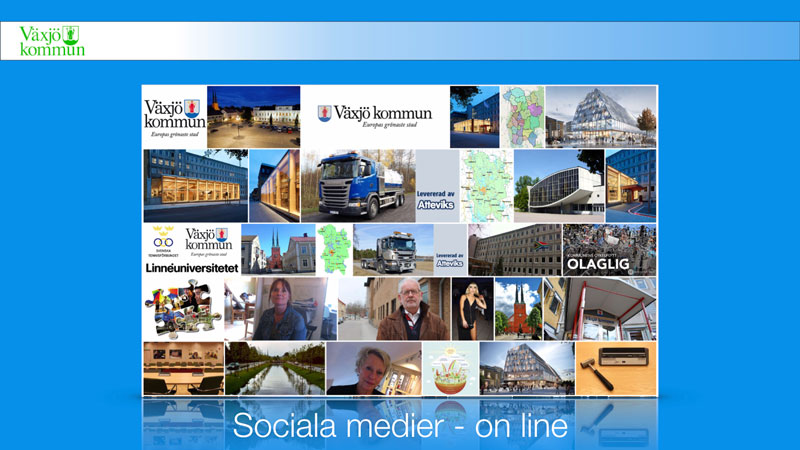For full report request to kaj@embren.com
Växjö strategy of governance to create Europe’s first fossil-free city In 1996, the municipality voted to end the use of fossil fuel, before the city’s 2010 Environmental Programme announced that this target should be reached by 2030.
This report’s scope is to evaluate the role governance has played in Växjö’s efforts to achieve its Agenda 21 goals. The key figures interviewed for this research include the president of the city council and former Växjö mayor, Bo Frank, and the city’s head of sustainability since 2002, Julia Ahlrot.
The report describes how proposals for a fossil fuel-free Växjö emerged from political cooperation between an active leadership and stakeholders with local, national and international environment networks.
It also examines the implementation of policies within the municipal structures. Governance was one the most important aspects of designing policies, and other measures, to implement Växjö’s ambitious goals – as was the use of a control system framework.
Municipalities, regions and county councils are responsible a significant proportion of public services provided in Sweden. They all enjoy a considerable degree of autonomy, as well as independent powers of taxation. Växjö used its municipal autonomy to implement environmental programs in line with its (then unique) target of becoming a fossil-free municipality, implementing an integrated and multi-disciplinary approach to urban planning. Thanks to political leadership and a variety of environmental policies, methods and tools, it is on course to become a socially and economically sustainable low-carbon society.
Växjö offers a powerful example of how a city can successfully address climate challenges. By promoting best practice and new technologies, it can help shape integrated urban development in other cities, regions and nations looking to transform their activities in keeping with the UN’s global climate strategies and Sustainable Development Goals (SDG).
Växjö is one of the best European municipalities to follow and learn from, partly because of its ambitious target of becoming fossil-free by 2030, and partly because of the way it has developed its governance structure to implement this goal. The six key governance lessons from Växjö’s case are:
Municipal autonomy allows for local solutions.
Cross-border cooperation pays off, both at the political and administrative level. A long-term approach creates dynamic development. Leadership, coordination and control systems provide the driving force to achieve goals. Networking and social media builds knowledge and capacity – and mobilises people. International cooperation engages and builds bridges between people, helping to develop projects.

